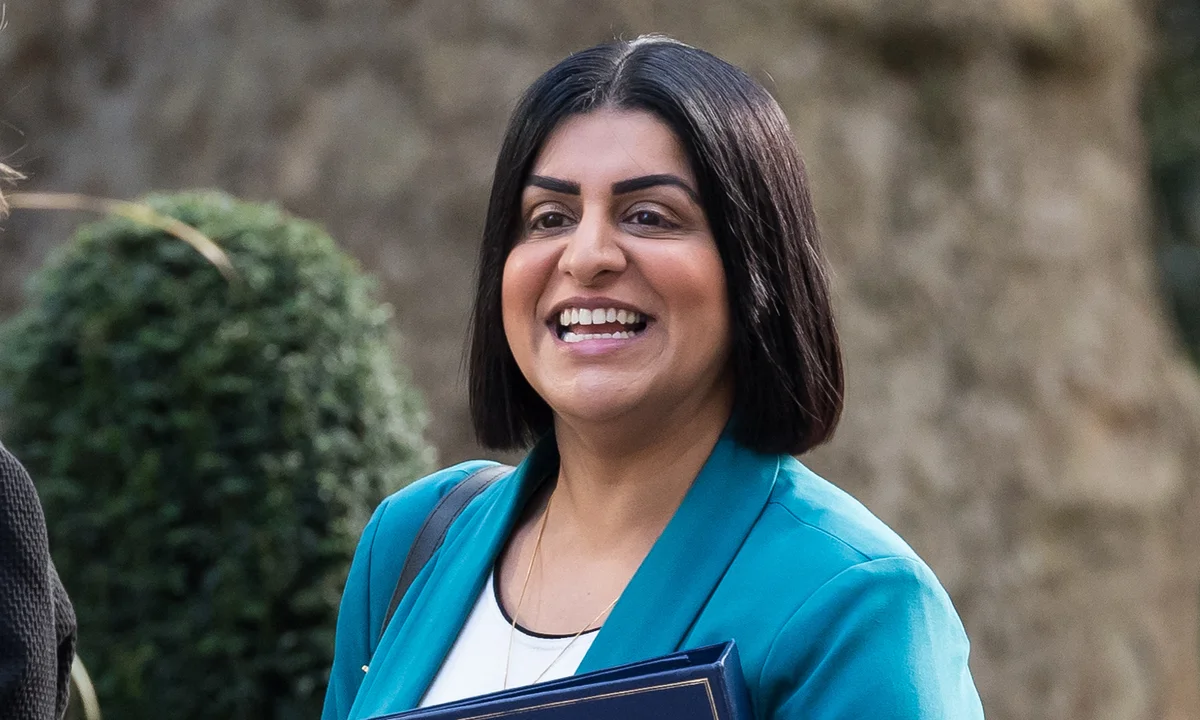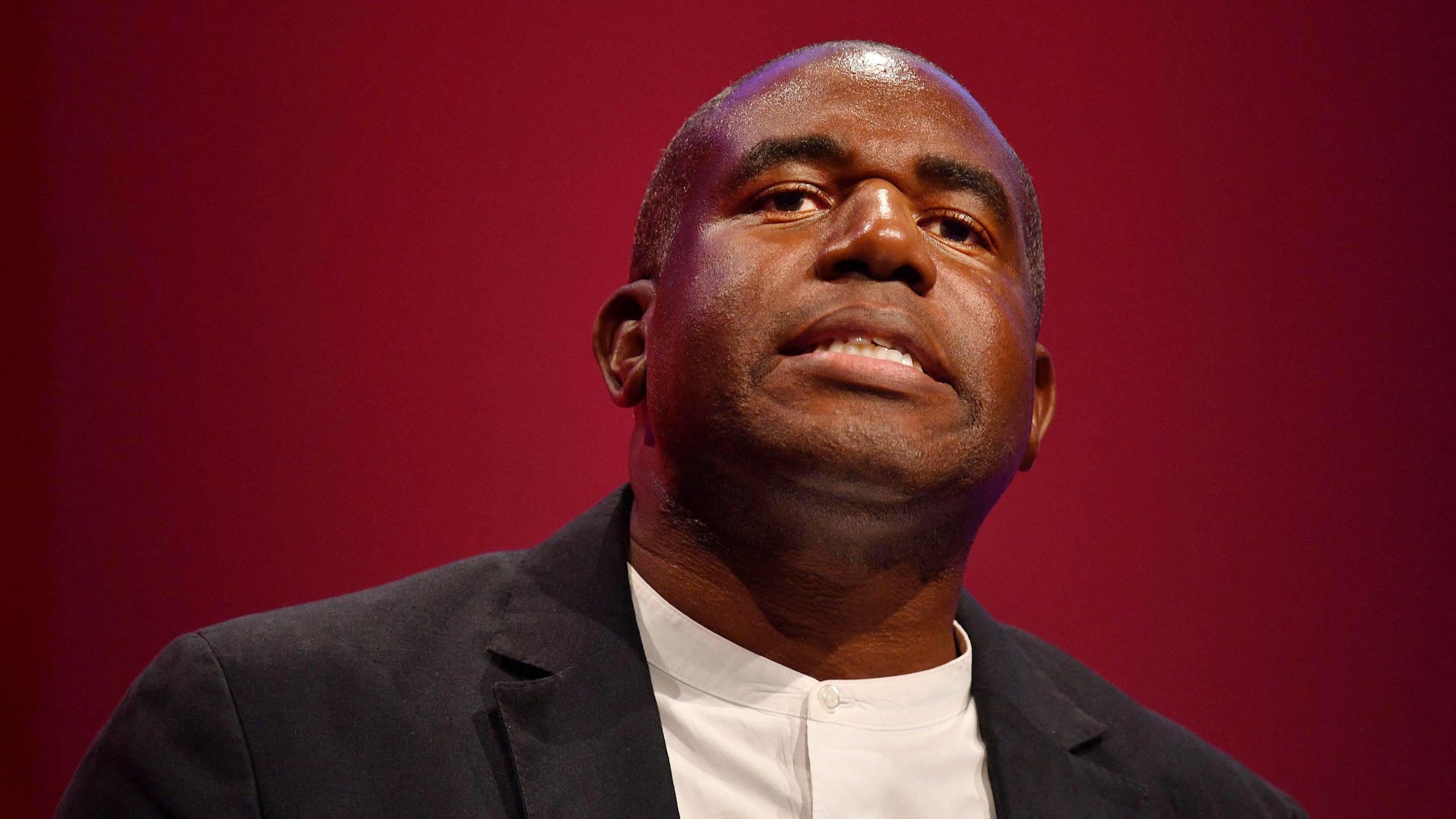In a landmark political moment, Prime Minister Keir Starmer has appointed Shabana Mahmood as the new UK Home Secretary, following the resignation of Angela Rayner amid a tax scandal. Mahmood’s appointment is not just another cabinet reshuffle, it is historic. She is now the first Muslim woman to head the Home Office, a department responsible for immigration, policing, and national security.
Born in 1980 to Pakistani parents in Birmingham, Mahmood spent her early childhood in Saudi Arabia before moving back to the UK. A brilliant student, she studied law at Lincoln College, Oxford, and later qualified as a barrister specializing in professional indemnity cases.
Her political journey began in 2010 when she was elected as the Member of Parliament for Birmingham Ladywood. That win made her one of the UK’s first female Muslim MPs. Over the years, she served in several shadow cabinet roles, including Shadow Financial Secretary to the Treasury and Shadow Minister for Prisons.
During Jeremy Corbyn’s leadership, Mahmood stepped back from frontline politics but returned under Starmer’s leadership, where she regained prominence. In 2023, she became Shadow Justice Secretary, and after Labour’s 2024 victory, she was promoted to Justice Secretary and Lord Chancellor.
Now, as Home Secretary, Mahmood faces one of the toughest jobs in British politics. The Home Office is under immense pressure to handle:
- Asylum and migration backlogs
- Controversial deportation policies
- Channel crossings and immigration reform
- Grooming gang inquiries
- Police reform and national security
Mahmood has already signaled strong positions on many of these issues. She has backed deportations of migrants without legal status and raised concerns about child exploitation cases, aligning her with the socially conservative Blue Labour wing of the party. This has won praise from Blue Labour founder Lord Glasman, who called her rise “fantastic.”
Mahmood’s appointment is symbolic for several reasons:
Representation – As the daughter of Pakistani immigrants and the first Muslim woman in this role, she reflects Britain’s evolving political landscape.
Law-and-order credibility – Her legal background and work on prison reforms give her a strong platform to address Home Office challenges.
Political stability – With Labour under pressure from Nigel Farage’s Reform UK, Mahmood’s no-nonsense reputation could help regain voter trust.
Speaking after her appointment, Mahmood said:
“It is the honour of my life to serve as Home Secretary. The first responsibility of government is the safety of its citizens. Every day in this job, I will be devoted to that purpose.”
Shabana Mahmood’s rise to Home Secretary marks a turning point in British politics. Beyond the symbolism of breaking barriers, she now holds one of the most difficult portfolios at a time when the UK faces deep divisions over immigration, policing, and public trust in institutions.
Whether she becomes a reformer or an enforcer remains to be seen but one thing is clear: Mahmood has already made history.


